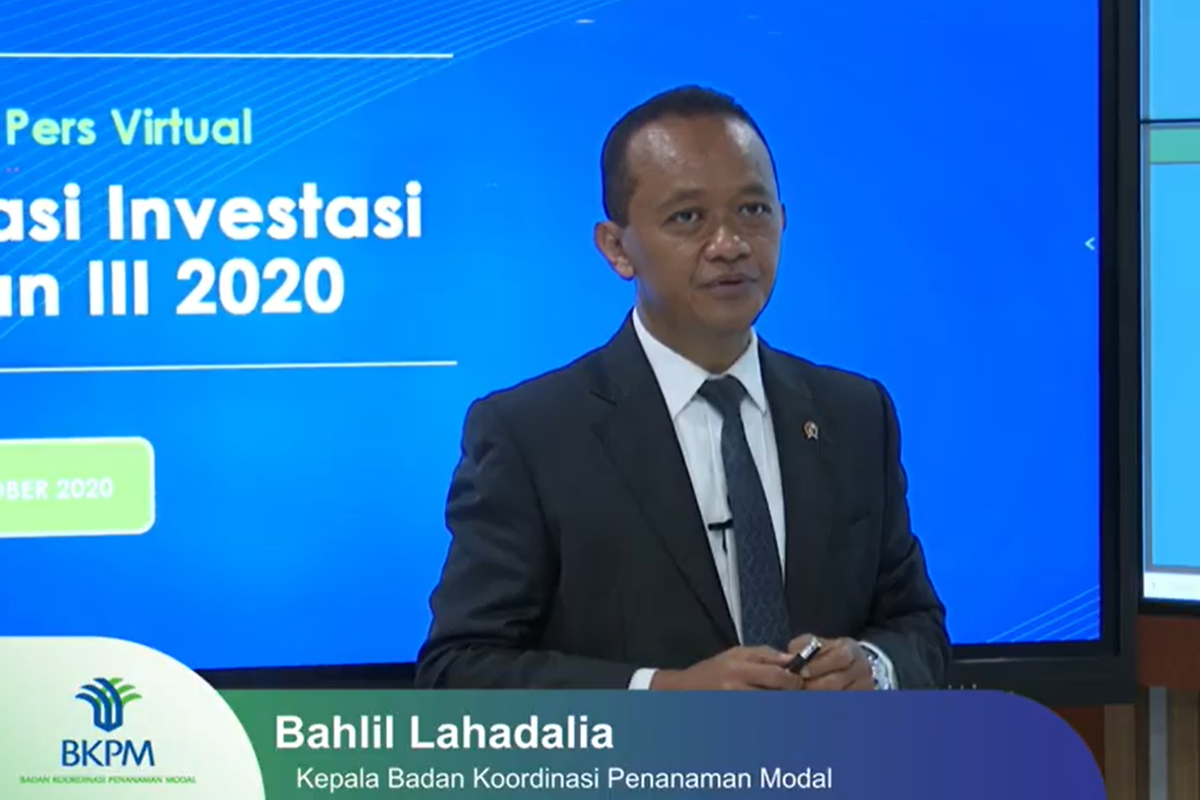Minister of Investment Questions The Global Minimum Tax Implementation

JAKARTA. Investment Minister or Head of the Investment Coordinating Board (BKPM) Bahlil Lahadalia questioned the implementation of the global minimum tax rule of 15%.
The reason is that the provisions initiated by the G20 countries and the Organization for Economic Co-operation and Development (OECD) are considered to affect the development of investment in Indonesia.
Previously, the global minimum tax provision was contained in Pillar 2 of the global tax consensus on digital transactions. In it, the imposition of a 15% minimum tax applies to multinational companies with business turnover above 750 million euros a year.
In addition, the provisions of Pillar 2 also require all jurisdictions that set an effective income tax rate on interest, royalties, and other payments of less than 9%, to be subject to tax regulations or Subject to Tax Rule (STR).
As for the plan, Indonesia will implement the 15% minimum tax provision next year, after a global agreement between the G20 and OECD countries is reached this year.
Read: Is Indonesia Ready to Adopt the Two-Pillar of Global Tax Architecture?
Undermining Investment
Citing Beritasatu.com, the imposition of a global minimum tax will make the provision of tax incentives that have been used by developing countries to attract investment irrelevant.
It cannot be denied, that attracting investment still requires appeals, in the form of tax incentives.
Thus, instead of channeling their investments to developing countries, global companies will definitely choose to invest in their home countries. Thus, according to Bahlil, this policy only benefits developed countries.
If this policy applies to all countries, it will be inappropriate, because the conditions between developed and developing countries are not comparable or apple to apple.
Therefore, he suggested that the implementation of the global minimum tax should be reviewed, at least waiting for the conditions of developed and developing countries to be comparable.
For information, the MUC Tax Research Institute is a non-profit organization that carries out educational missions and disseminates positive information related to taxation, through various activities such as discussions, training, and seminars. (ASP/KEN)


